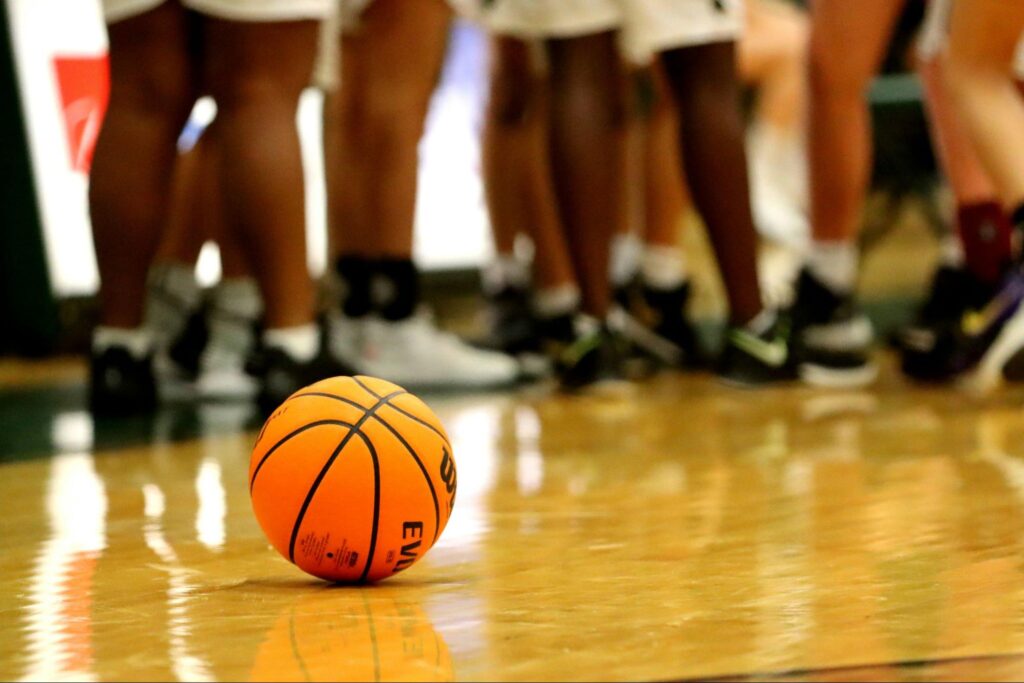The increase in cases in consulting rooms shows that this is a growing phenomenon.
Although sport is highly recommended for good health, it becomes a threat when practiced on a particularly high scale.
Addiction is understood to be a repeated behavior accompanied by signs of withdrawal, lack, and tolerance.

When does sport become an addiction?
Sports addiction is physical and psychological.
First of all, we must not confuse addiction with good habits.
Good habits stand out for the benefits they provide, while if we persist despite an injury, we tend towards addiction.
Exercise three times a week, 30 minutes to 1 hour is a good practice or a muscle-strengthening activity twice a week.
Professional athletes are at high risk of developing this addiction.
Addictive behaviors occur during difficult times for athletes, such as injuries or retirement.
Let us keep in mind, however, that we are addicted when, because we are suffering, we use ordinary behavior to avoid suffering.
Here are some signs.
The feeling of lack
When practiced to excess, sport is comparable to a drug.
Also, when taking a break, you experience the same symptoms as a person quitting smoking.
Stress and irritability
These are common symptoms of withdrawal.
Sometimes they exist before the advent of addiction.
Bigorexia may have hidden or attenuated them.
Also, when sport stops, they reappear.
Before treating bigorexia, it is necessary to analyze all the related elements such as stress, anxiety, and worries, and treat them in parallel.
Insomnia
This is also a classic symptom of withdrawal.
Note that insomnia can also be a manifestation of anxiety and stress due to causes other than lack of exercise.
Physical activity has a calming effect, it comes down to stopping or reducing sport.
I am becoming addicted to both the pain and the sport itself.
This can lead to unpleasant physical consequences.
Why is it necessary to treat sports addiction?
It is important to treat the psychological disorders that often lie behind sports addiction.
These include anxiety disorders and depression.
When there is an addiction to sports, there are consequences and suffering that need to be treated.
There are also addictions associated with the use of performance products.
For example, in the 80s-90s, GBL and GHB were taken to boost muscle mass.
Today, some amateur athletes use doping substances such as cocaine for the same effect.
Treating sports addiction therefore also means detoxifying the person concerned.
Sports addiction is also sometimes associated with poor eating habits or even anorexia, which will therefore need to be treated.
How do we replace sport? And with what?
Awareness is the starting point for recovery from sports addiction.
Indeed, we must be aware that something is wrong to be able to react to correct it.
Withdrawal symptoms, loss of self-control, and physical and social consequences are all warning signs of bigorexia.
Behavioral therapy programs
They contain a stress management module.
It aims to teach the person concerned how to manage their stress and cope with this emotion when they cannot do sport for whatever reason.
Practical exercises are done during these sessions.
Drug treatments
There is no standard drug treatment for sports addiction.
On the other hand, still, to manage stress, it is necessary to avoid certain addictive drugs such as benzodiazepines.
Instead, prefer to use non-addictive tranquilizers.
According to experts, it is not necessary to stop exercising altogether, as sport remains beneficial for health.
On the contrary, the challenge will be to rediscover the pleasure of doing sports and no longer practice physical activity to escape some kind of suffering.
Furthermore, stopping sports will lead to a loss of muscle mass.
Since muscle is heavier than fat, skin firmness and mental health will inevitably take a hit.
The Practice of Emotional Freedom Techniques
Created by Gary CRAI, an engineer passionate about personal development, it is also a solution for treating sports addiction.
They help manage the lack and discover the causes of the addiction to work on them.
Energy treatment
In addition to this, Reiki treatments allow for energy rebalancing, a reconnection to oneself.
This would also allow you to reprogram your mind.
The practice of cardiac coherence is also an alternative.
This is a relaxation method to manage your anxiety gently and autonomously.
It goes wonderfully with the practice of sport.
In addition, you should contact a sports doctor who knows about addiction or an addiction specialist who is knowledgeable about behavioral addictions.
Go to behavioral addiction centers
You can also find behavioral addiction centers using search engines.
As specialists, these professionals will be able to guide you perfectly on the path to treating your sports addiction.
They will be able to prescribe the ideal treatment that is right for you.
This makes it the ideal solution for you.
Good to know
Like any addiction, bigorexia can be treated very well with targeted therapeutic care from a psychologist or a specialized doctor and/or addiction specialist.
The goal will not be to make the subject stop physical activity completely.
Rather, it will be a question of getting him to rediscover pleasure in practicing sport, but also of restoring freedom of choice in practice.
Cognitive behavioral therapies with their broad spectrum actions are the most recommended methods.
In conclusion, to get out of sports addiction, you have to practice sports in moderation.
The temptation to push your limits will certainly be great, but being careful not to overdo it will be the challenge.